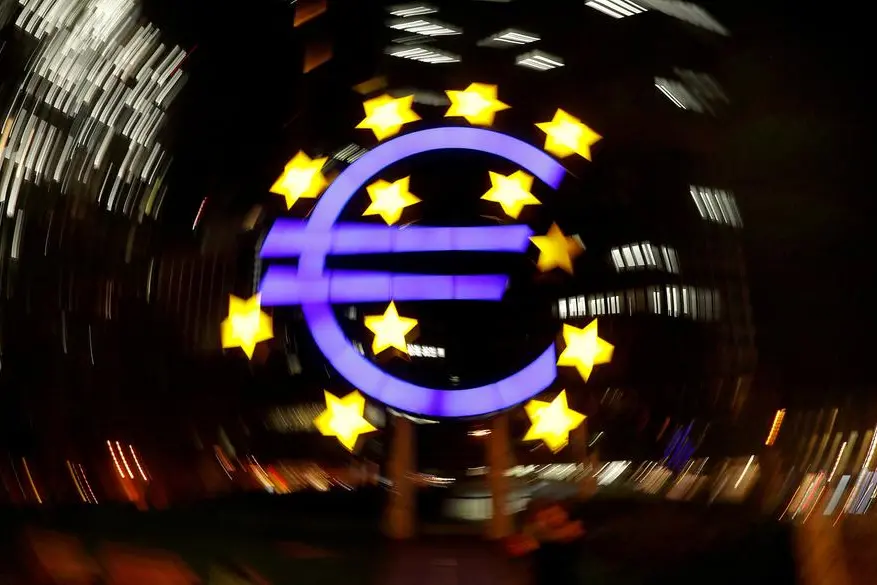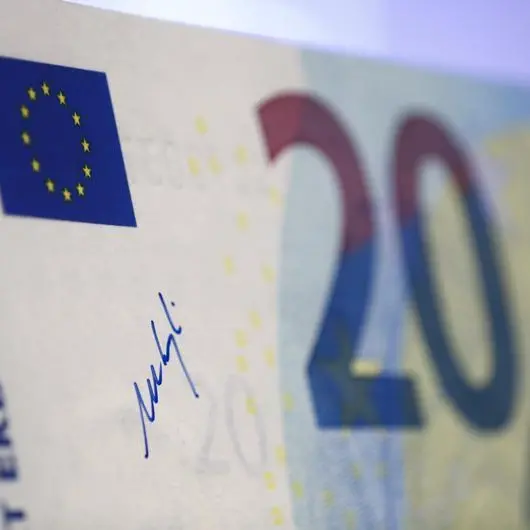PHOTO
LONDON - Germany's 2-year bond yield fell sharply in early trading on Wednesday as investors reacted to a likely Donald Trump victory in the U.S. presidential election, which could pave the way for higher tariffs that hurt Europe's economy.
The German 2-year yield, which is sensitive to European Central Bank interest rate expectations, dropped 10 basis points (bps) at 2.203%. Yields move inversely to prices.
Longer-dated bond yields, which are less sensitive to interest rate expectations, fell by less, with Germany's 10-year yield down 4 bps at 2.393%.
Traders on Wednesday nudged up their bets on ECB rate cuts next year, LSEG data showed. They last expected euro zone borrowing costs to fall to just below 2% by November 2025, down from around 2.1% on Tuesday.
Fox News on Wednesday projected that Republican former President Trump has won the U.S. presidency, defeating Democrat Kamala Harris and capping a stunning political comeback four years after he left the White House. Other media outlets have yet to call the race.
Trump's signature economic campaign promises were to put up tariffs on imports from around the world, including Europe, and to slash taxes.
U.S. bond yields rose sharply on Wednesday as investors bet Trump's policies would drive up domestic inflation and lessen the room for rate cuts from the U.S. Federal Reserve.
The U.S. 10-year Treasury yield was last up 11 bps at 4.404%, around its highest since early July.
Yet European yields dipped as markets positioned for policies that could hurt the euro zone economy.
"Trump winning means tariffs which will adversely affect growth in Europe," said Andrzej Szczepaniak, vice president of European economics at investment bank Nomura.
"The European Commission is expected to retaliate like-for-like, which could mean higher inflation in the euro area – or... firms could be forced to absorb these higher costs, which in turn may result in some firms shuttering and unemployment rising, thus weighing more heavily on growth."
France's 2-year bond yield was last down 9 bps, although Italy's 2-year bond yield fell less sharply and was 2 bps lower.
(Reporting by Harry Robertson; Editing by Dhara Ranasinghe and Alex Richardson)





















